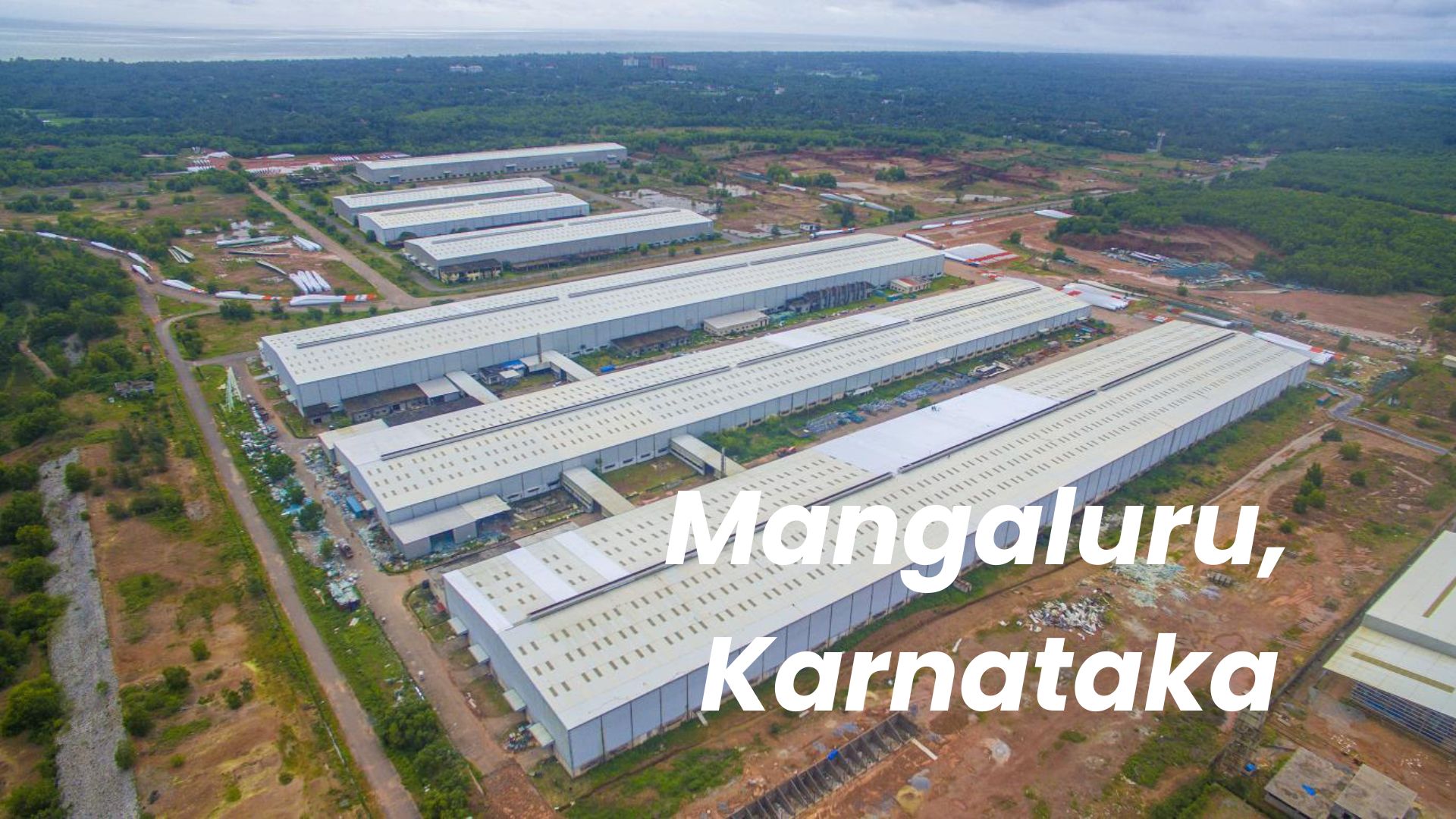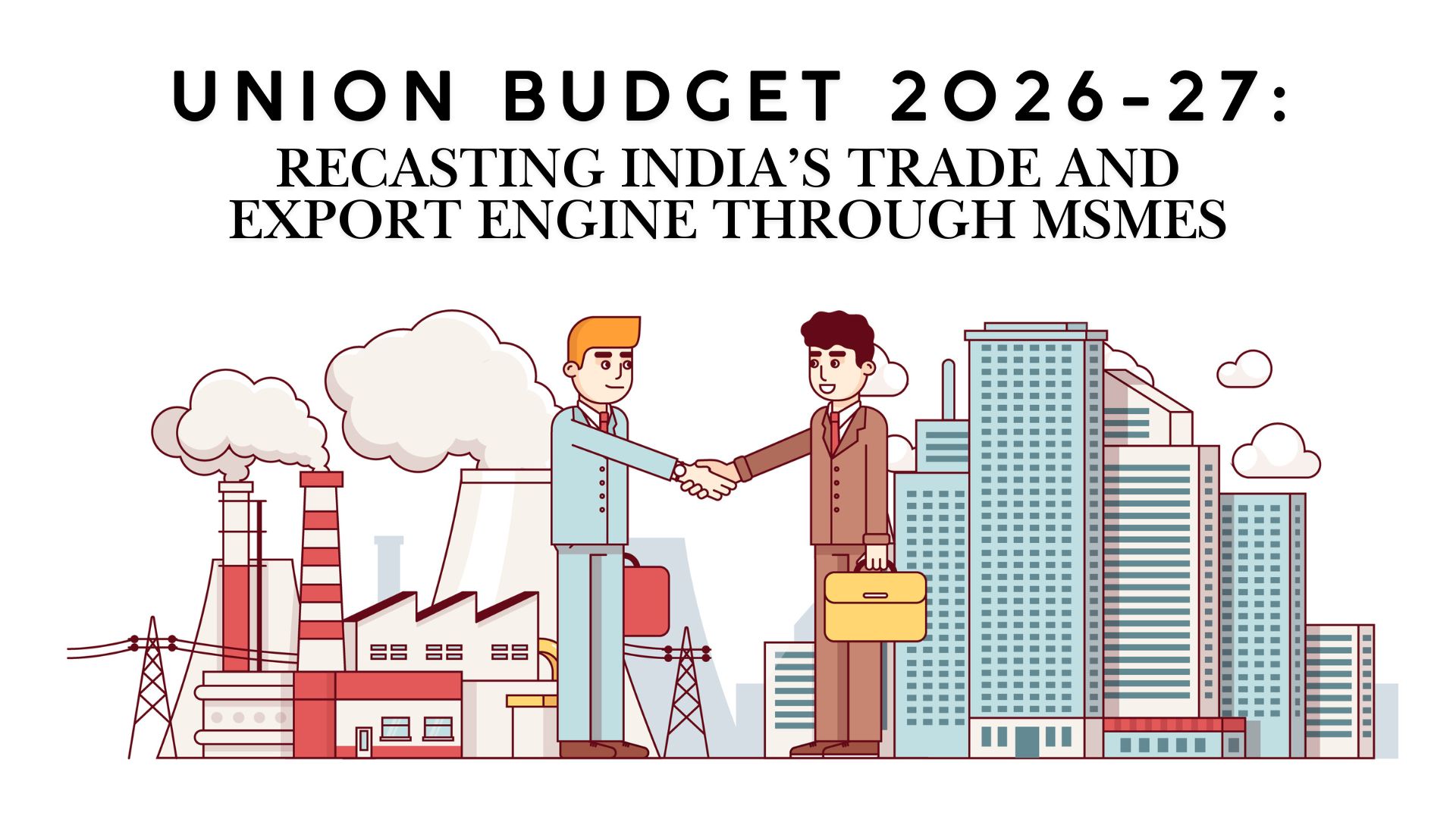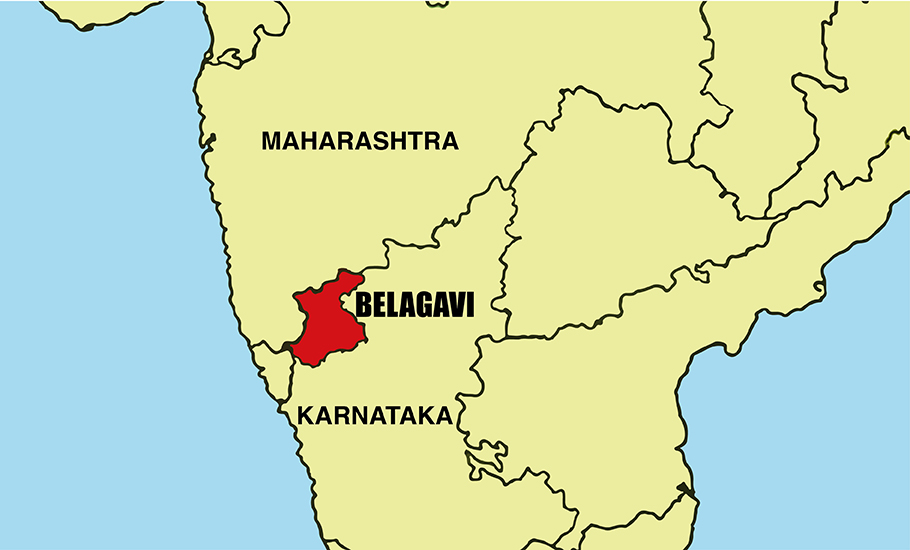Mangaluru: Where Enterprise Meets the Coastline of Possibility

Some cities grow around industries. Others grow because of them. Mangaluru, nestled between the Arabian Sea and the Western Ghats, is one of those rare places where geography, culture and commerce blend seamlessly. It is a city where ports meet possibilities, where traditional entrepreneurship embraces technology and where small and medium enterprises quietly anchor coastal India’s industrial ambition.
Often seen as a port city, Mangaluru is far more than a gateway for goods, it is a gateway for growth. Over the past three decades, it has evolved into one of southern India’s most diversified SME ecosystems, with enterprises spanning engineering, petrochemicals, food processing, cashew exports, logistics, pharmaceuticals, IT services and education-related industries. Its entrepreneurial character is distinctive: disciplined, quietly confident and deeply rooted in community values.
The Coastal Advantage
Mangaluru’s geography is its greatest strength. With the New Mangalore Port Trust (NMPT) serving as a vital trade artery and excellent connectivity through road, rail and air, the city has built an export-oriented foundation few Tier-2 cities can match. The port handles everything from coffee, fertilizers and petrochemicals to containerized goods from local SMEs, giving smaller enterprises global access without the logistical complexities of metro-based exporters.
Industrial estates such as Baikampady, Yeyyadi and Padubidri house hundreds of MSMEs engaged in engineering fabrication, rubber and plastic molding, seafood processing and precision machinery. The region’s strong cooperative banking network and educated workforce, supported by institutions like NITK Surathkal and St. Aloysius College have ensured that capital, talent and technical support are never out of reach.
But Mangaluru’s greatest capital is trust. Businesses here thrive on reputation and relationships, not just transactions. The family-owned enterprises that began as small workshops have grown into regional champions, many now exporting to the Middle East, Africa and Southeast Asia.
Tradition Meets Transformation
Few Indian cities embody such a balanced duality – deeply traditional, yet quietly progressive. While legacy sectors like cashew processing, tile manufacturing and fisheries still form part of its identity, Mangaluru has steadily expanded into IT, fintech and logistics technology.
The Special Economic Zone (MSEZ) has brought in a new wave of diversification from petrochemical clusters to downstream SMEs supplying equipment, engineering services and logistics support. Meanwhile, start-ups emerging from local colleges are experimenting with AI-based logistics, marine engineering innovations and digital trade platforms.
This blend of heritage industries and high-tech adaptation is what makes Mangaluru resilient. It is not chasing the glamour of start-up ecosystems; it is building a steady, self-sustaining one.
Challenges and the Road Ahead
Yet, Mangaluru’s SMEs face familiar challenges: rising costs of logistics, competition from larger ports and the need for deeper digital adoption. Infrastructure modernization, faster credit delivery and greater integration with national trade corridors remain on the wish list.
However, initiatives by KSIDC, KASSIA and local chambers have been pivotal in bridging these gaps. Regular industry–academia interactions, SME trade fairs and export training programs have given entrepreneurs new tools to compete in a connected world.
The SME Communities Perspective
Mangaluru stands as a reminder that India’s SME power isn’t just inland, it thrives along its coastlines too. Here, the sound of industry blends with the rhythm of the sea, creating a harmony between tradition and transformation.
In a global economy obsessed with speed, Mangaluru’s approach is refreshingly grounded: patient growth, consistent quality and values-driven enterprise. It represents the best of India’s industrial future, one where commerce coexists with community and progress retains a human touch.
Because in the story of India’s SME renaissance, Mangaluru is a compass. A city that shows how innovation can stay rooted, how enterprise can stay ethical and how growth can stay sustainable, even as the tides keep changing.











